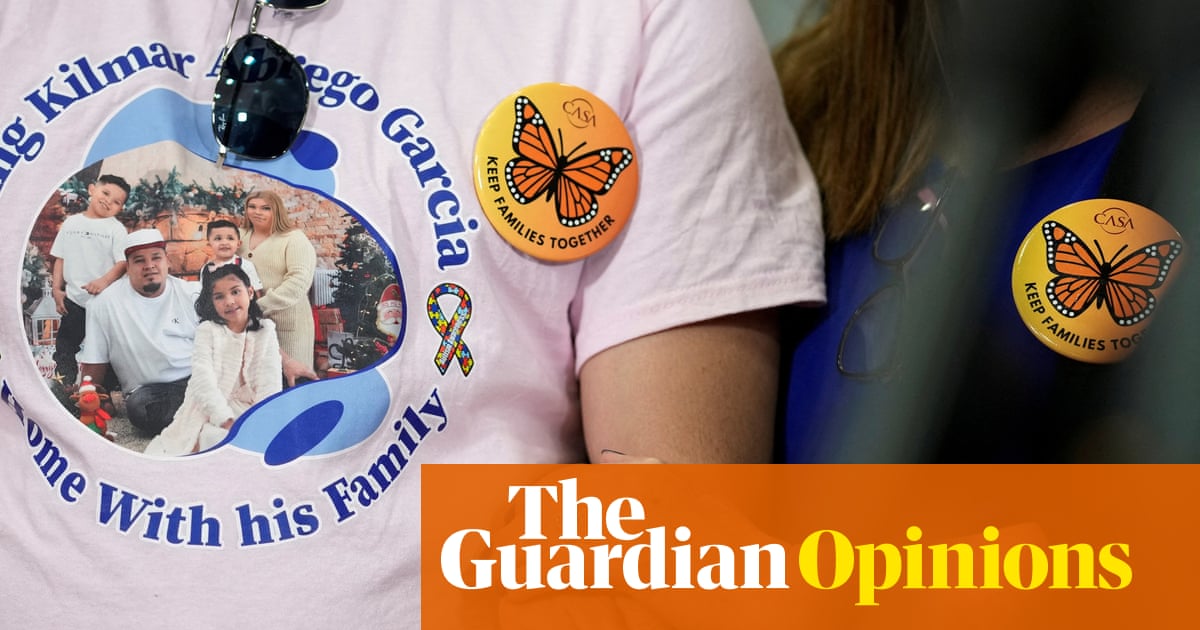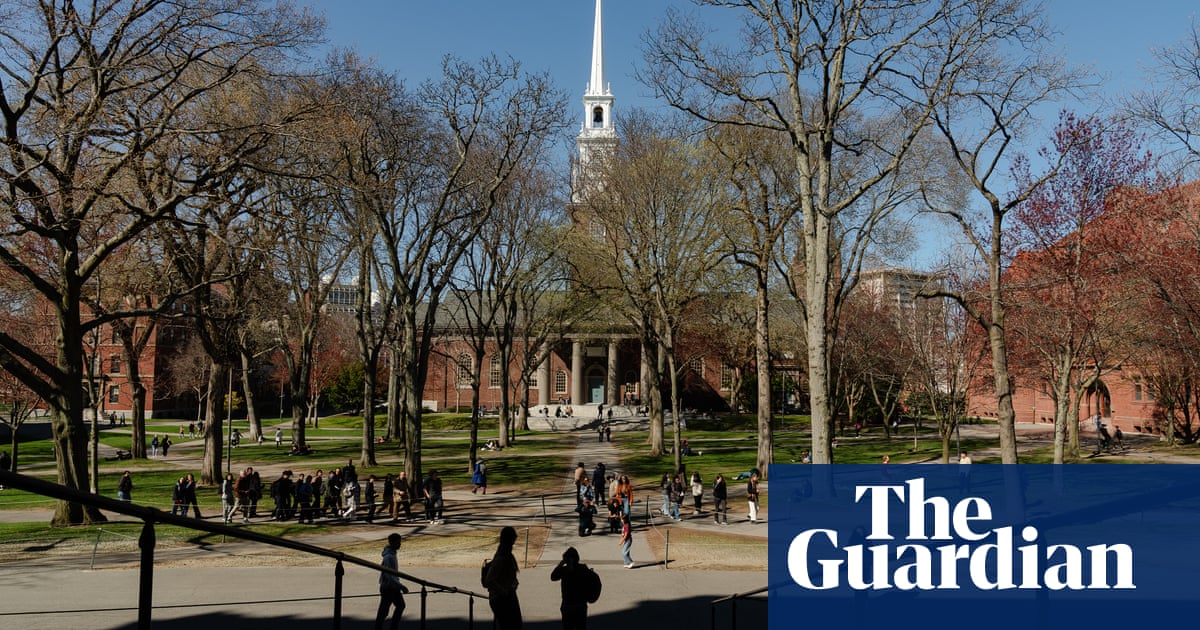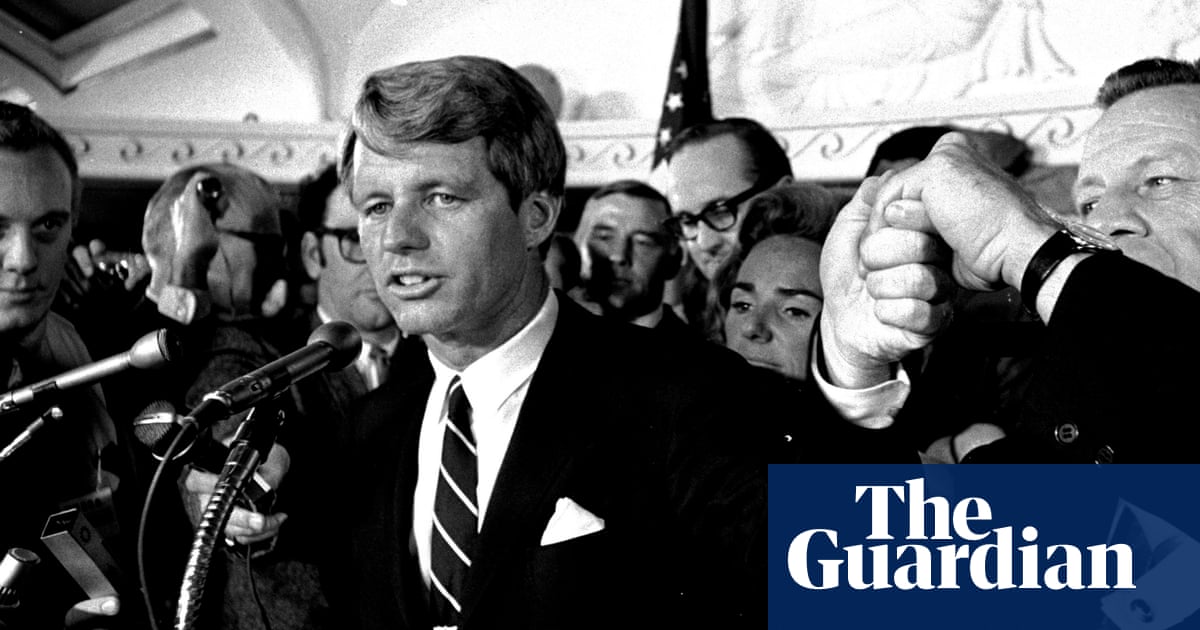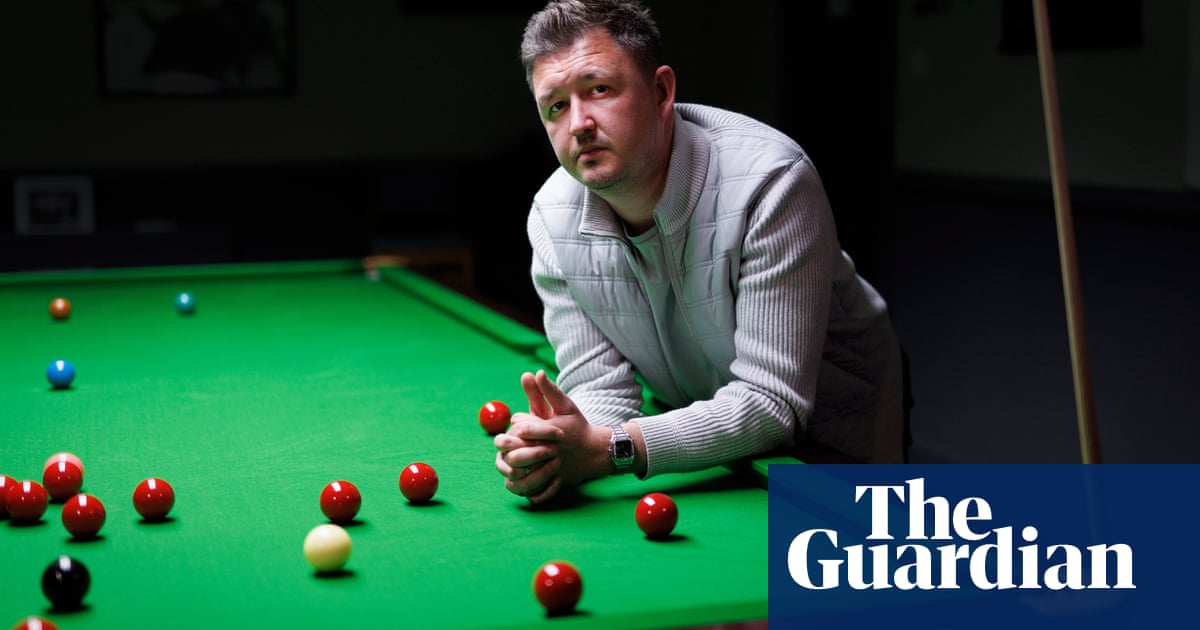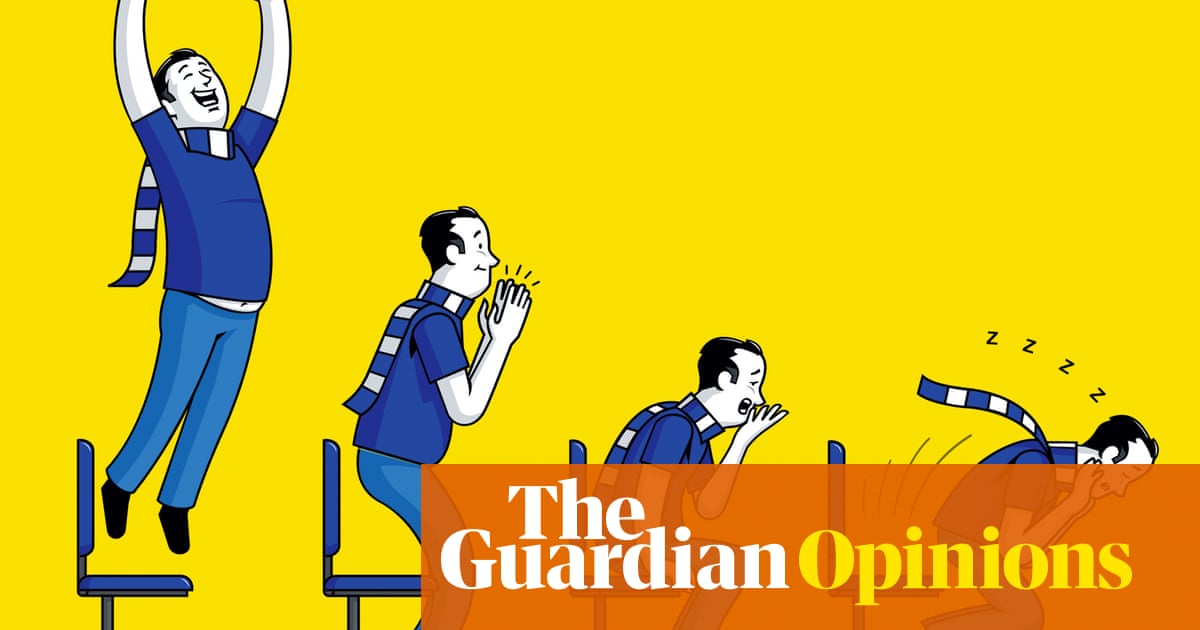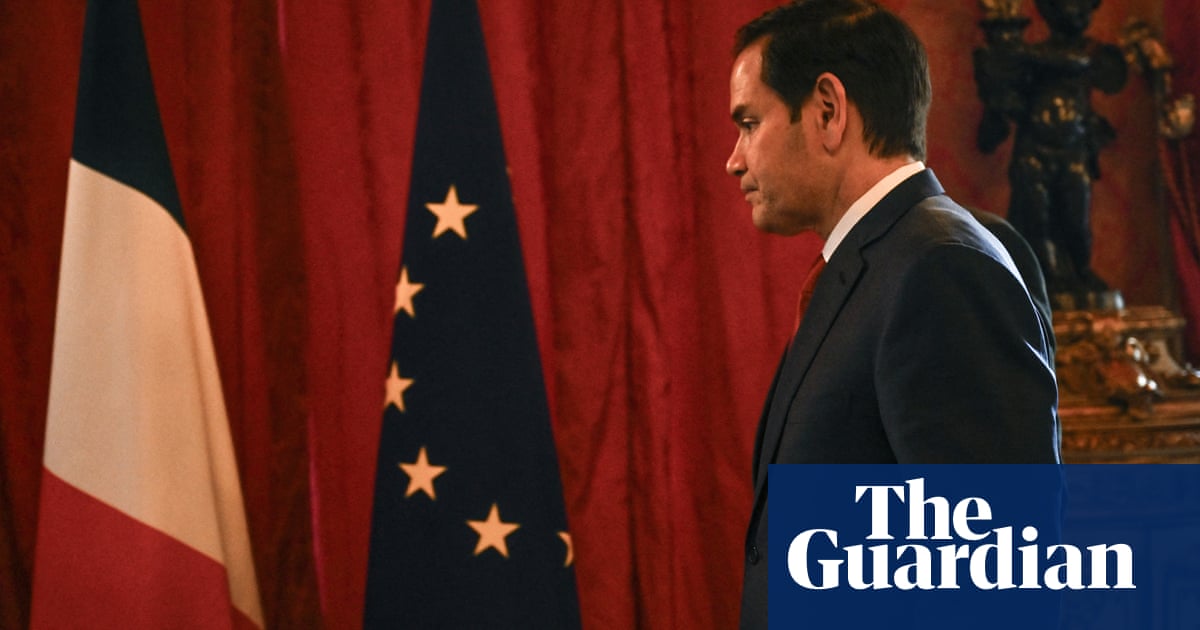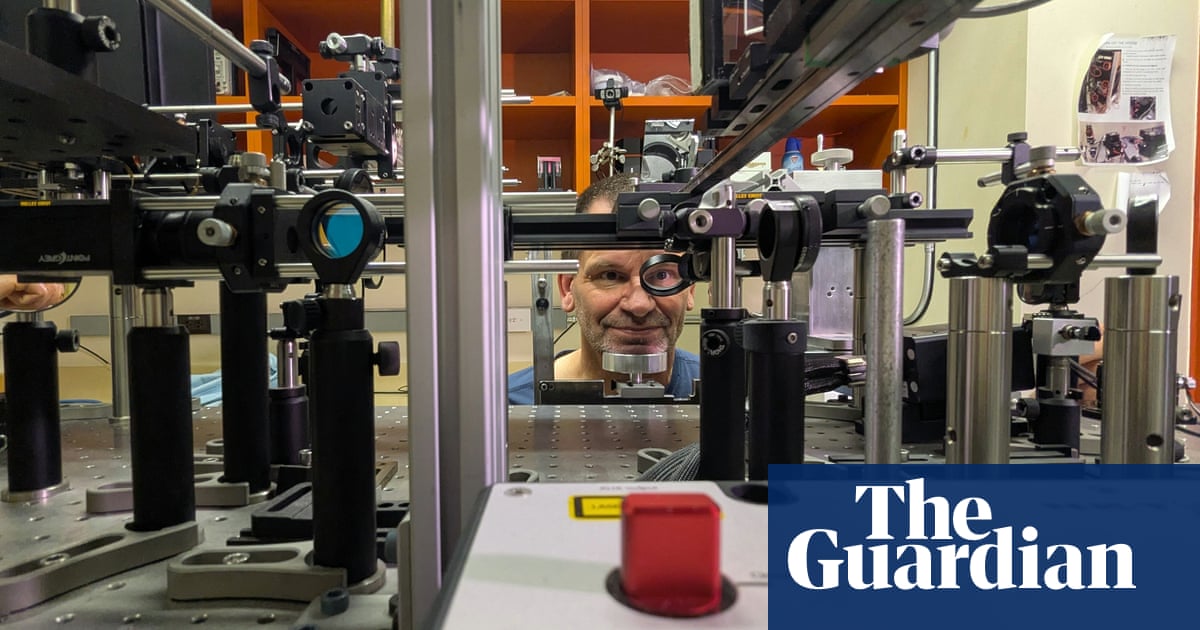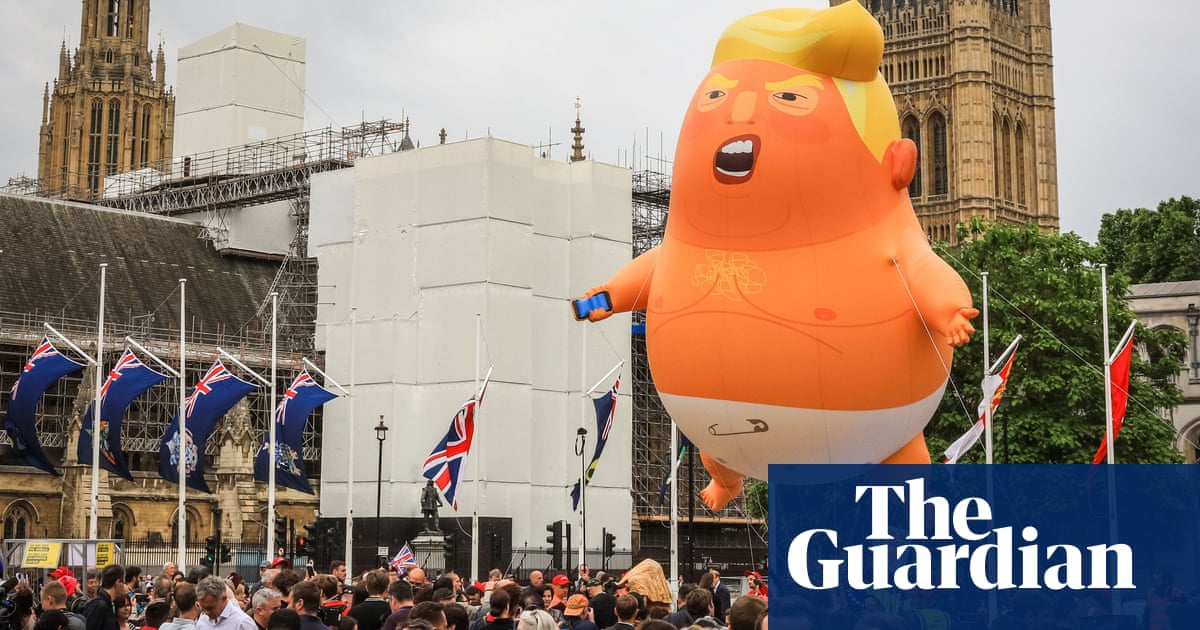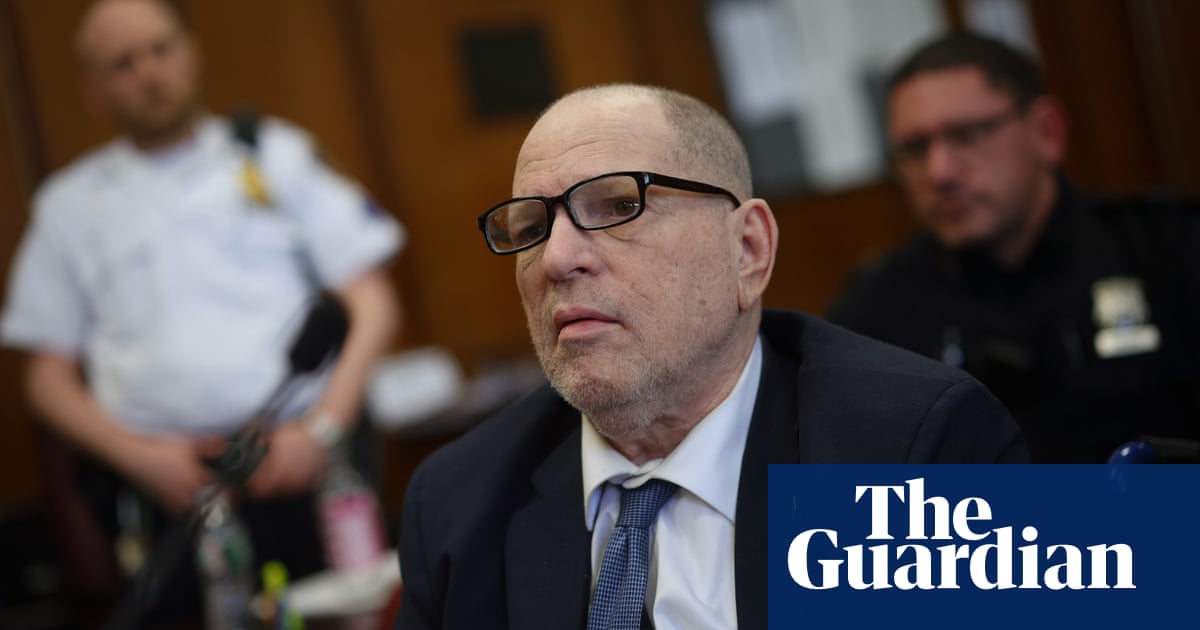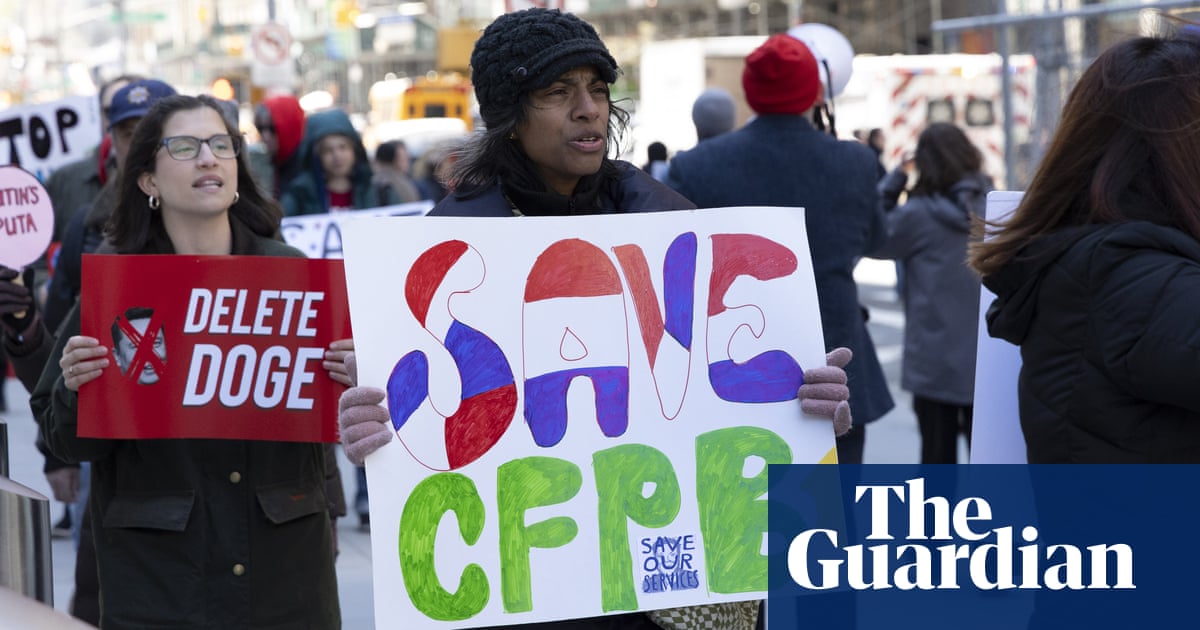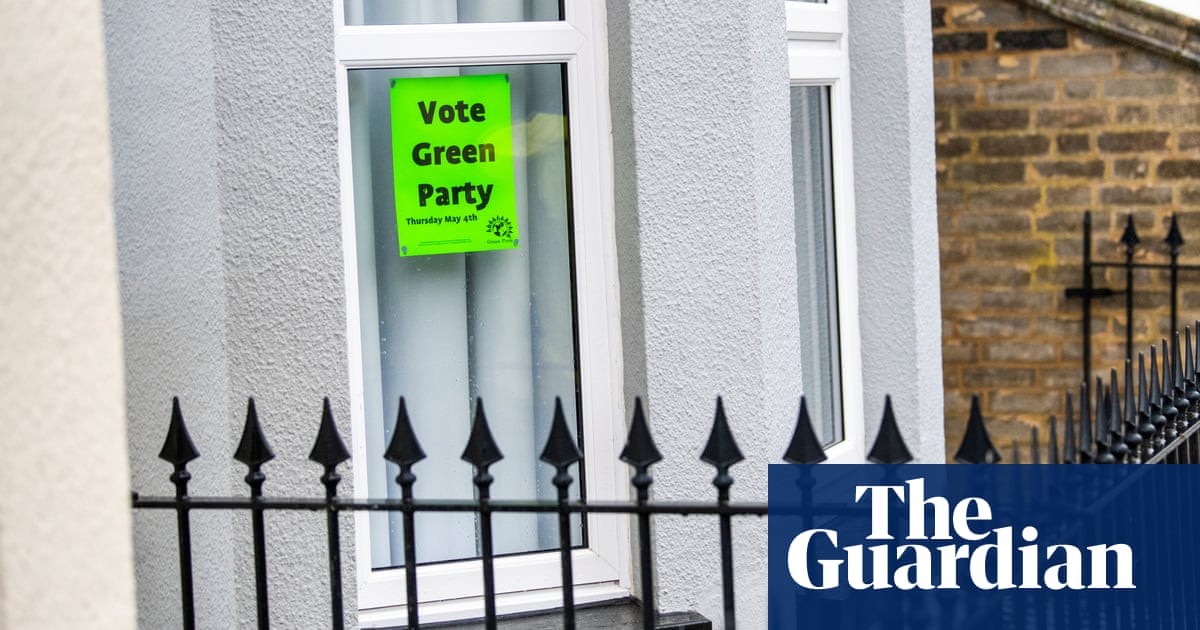Laura Snapes, deputy music editor I was set the task of not listening to Spotify for a week, but Alexis, your task was much worse: only listening to Spotify-created playlists, and the songs it suggested to you based on your listening history. How did that go?
Alexis Petridis, chief rock and pop critic One day in the car I just listened to nothing instead of facing it again. When it plays me songs I like, it’s not what I want to hear at that moment. That’s not to say the music it was recommending wasn’t good. One morning it played Schizophrenia by Sonic Youth. I love that song but I didn’t want to hear it then. It played me Billie Holliday’s Riffin’ the Scotch followed by My Bloody Valentine, which clearly demonstrates the great breadth of my music taste – but just because I like it all doesn’t mean I want to hear it all together. I didn’t like that it was untouched by human hands. I always think that the amazing thing about a record collection is that it doesn’t make sense to anybody other than you. And yet when it’s presented like that, I find it really jarring and difficult – it’s all over the place.
LS The algorithm is straining to find the data points that connect all those things, to close the net and make it coherent when it’s not.
AP The first one I tried had an AI DJ that kept saying “Ga-lax-ie 500”, which sounds like a laxative. I wonder how much of this is to do with my age and these things not having always been in my life, but I find it inherently creepy, both the AI voice and the narrow recommendations based on your own taste. I read enough science fiction in my teens to know that this is very much the thin edge of the wedge – one minute it’s all matey “would you like to listen to Galaxie 500?”, the next humanity’s enslaved, living underground mining uranium for a robot. There are generated playlists that are meant to be generically adjacent to the time of day you listen to it: “Wednesday Shoegaze.” Why? Then you have “70s rock hippie afternoon”, featuring a lot of music that isn’t from the 1970s. There’s I Am Waiting by the Rolling Stones, which is from 1965. Expecting to Fly by Buffalo Springfield is from 1967. Eight Miles High by the Byrds is from 1966. How do you generally use Spotify?
LS I have mp3s of anything I care about. I pay for Spotify but I try to spend as much or more on Bandcamp or whatever every month, like carbon-offsetting. To some degree, you and I need to have Spotify, like a film critic needs Netflix. But also, artists don’t earn anything from me playing their mp3s; if I stream music I already own on Spotify, they’re at least getting fractions of a penny and the listener data they need to operate in that ecosystem. And I don’t have to listen to ads. How about you?
AP Ordinarily my listening isn’t centred on Spotify. I use YouTube more for work. I listen to a lot of physical records. Did you listen to a lot of different stuff as a result of not using Spotify for a week?
LS Sort of. I subscribe to a lot of music newsletters and inevitably open 20 Bandcamp links a week and shut 15 without listening to them, because there’s only so much time. But this week I went through most of them and really loved an album by a Swedish composer called Hugo Randulv. I generally only use Spotify as a discovery tool to listen to albums I’ve never heard before that I’ve seen recommended elsewhere or to play old favourites out and about. The only time I cheated was when I ran out of fun music mid-run and put Doechii’s last mixtape on, but I bought it when I got home. I never use their playlists. I stopped checking my Discover Weekly because it often recommends things that would be logical for me to like, but I’ve already decided that I don’t. But that doesn’t compute with their algorithmic concept that one of these things is just like the other.
AP That’s the thing – however good the algorithm is, there’s something about human taste that it can’t quite replicate. Let’s look at my “made for you”. I never usually browse this. Here’s my “reggae mix” … featuring folk legends Shirley and Dolly Collins.
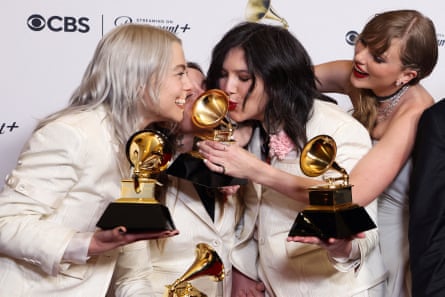
LS Wow. With playlists like “70s hippie afternoon”, it’s like their made-up Spotify Wrapped “genres”, where they’re named a) to mimic the language of memes, and b) as a reduction of music down to “vibes”, stripping away historical context. This might be getting a bit Adbusters, but I think the temporal playlists are also about syncing with consumer habits. Your “get ready with me” playlist, a “main character energy” walk to Starbucks. And the “coffee shop” vibe is so prevailing, it’s ended up dictating the types of music that get signed: you get more pop-ready, front-facing songwriters such as Phoebe Bridgers and Julien Baker on indie labels – they’re obviously great but they’re also products that work well in that ecosystem.
AP The guy from the label Secretly Group says in the book that they couldn’t sign the experimental band Oneida now. It’s a really good example of how the competition markers of pop have been brought to bear on all types of music because of Spotify. It’s forcing everybody into competition with Ed Sheeran and Sabrina Carpenter, and that’s not always your motivation for starting a band or making music. It helps you get on in that world if you look like Sam Fender.
LS It can get even more granular. A lot of what I listen to on there is drone, the sound of one organ key being held down for half an hour. But Spotify’s idea of ambient is closer to what they call “perfect fit content” (PFC), as Liz Pelly found out in her book Mood Machine, where they commission muzak-style farms to produce chilled-out music to fit lean-back, mood-based playlists and allegedly pay a lower royalty rate than they do to traditional record labels. Filling playlists with that counts out the artists really invested in those sounds and disciplines who might otherwise stand a chance of making a living from them – there are examples of those playlists being overhauled and musicians losing out on money they had been earning. You found that several jazz playlists seemed to have next to no “real” artists on them.
AP The jazz thing is the ultimate extension of that. On one level, yes, Spotify is giving work to the jazz musicians who produce PFC, and it’s hard to get work as a jazz musician. On the other hand, look at Ezra Collective. They’re playing Wembley. This is what can happen when listeners are exposed to something exciting and underground. A jazz playlist full of music apparently commissioned for the purpose is actively stopping listeners from being exposed to that sort of thing. Do you ever discover things from Spotify?
LS Definitely. I try not to let autoplay run after an album ends, but it has led me to good stuff. Sometimes its persistence has made me change my mind about something. I didn’t get Astrid Sonne at first, but I listened to so much Clarissa Connelly – they went to the same experimental Danish music school – that it kept feeding me her, and it clicked. Thinking of massive tech companies, with, say, Amazon, I think most people are aware of the moral conflict in using it – the conditions that packers and delivery drivers work in. Do you think there’s that same sense of compunction about what Spotify is doing to artists?
AP No. I think there’s a vague sense that you don’t get paid very well, but the really big stars – the most visible artists – are doing all right. Kate Nash is doing OnlyFans to make money and it’s come to something if you’ve got to do that to keep your career afloat. But in the broader scheme of things, most people see Sabrina Carpenter or the Weeknd and they’re doing really well. So I think there’s a disconnect in people’s minds about this notion that artists aren’t being correctly remunerated by Spotify.
LS It infuriates me that they’ve also demonetised any songs with fewer than 1,000 plays.
AP Anohni makes a very good point in the book that a record can be really impactful but you only have to listen to it twice. There’s loads of music I like, such as extreme electronics, that I’m not going to listen to over and over again.
LS I thought the only naive part of the book was the ending, which looks at potential alternatives to streaming. Pelly highlights public libraries in the US that have streaming platforms for local musicians. It’s a lovely idea but with the best will in the world it’s not the same thing. I think we’ve seen a lot of larger-scale alternatives collapse.
AP Right – who’s still talking about Tidal? It seemed to me to be completely unworkable, though I appreciate her trying to put a positive spin on it – “there is another way” – but I don’t think there is.
LS I think the most likely outcome is that Spotify will move on from music to a different product, and other solutions will have to be found. It’s one reason I’ve never got rid of my mp3s, because this could all disappear too.

.png) 2 days ago
8
2 days ago
8

